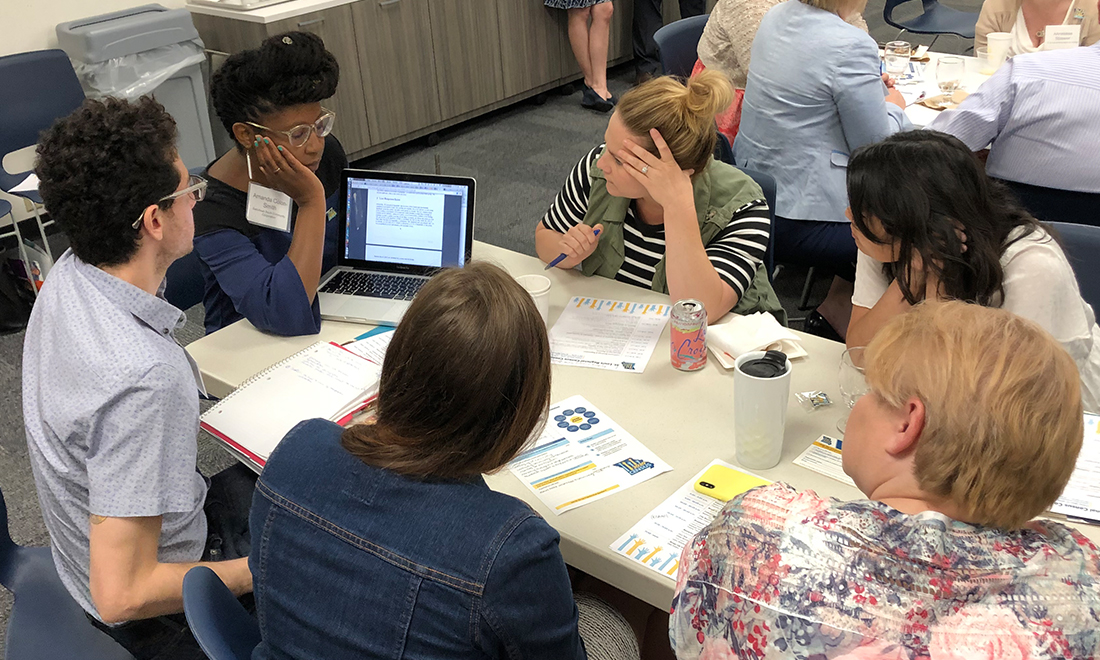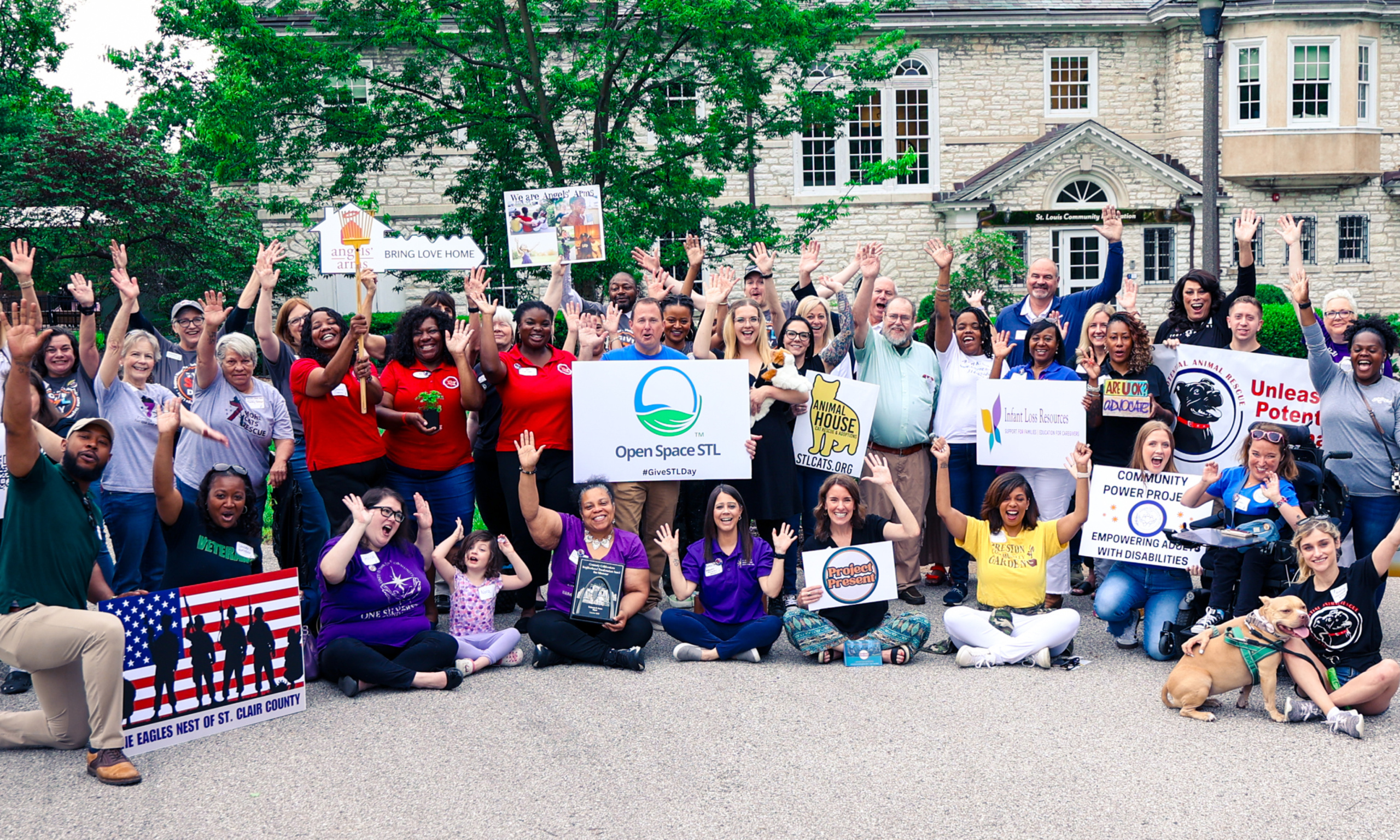St. Louis Community Foundation Supports St. Louis Regional Census Convening
On Friday, May 31, 2019, several representatives from a variety of sectors including nonprofit, business, and governmental organizations met to discuss strategies to promote the 2020 Census at the St. Louis Regional Census Convening held at the United Way of Greater St. Louis. This event was aimed at helping to galvanize regional leaders to promote broader but in from their communities to help obtain an accurate count for their communities on the 2020 Census.
The St. Louis Community Foundation President and CEO, Amelia Bond, served as a moderator during the “Remarks on Government Affairs” panel discussion that featured Don Roe, Executive Director, Planning and Urban Design Agency, St. Louis City; Ethel Byndom, Director, Community Empowerment and Diversity Program; and John Shikles, Policy Counsel, Governor’s Office.
Hosted by the St. Louis Census Funders Working Group, speakers included business and nonprofit leaders, grassroot organizations, as well as representatives from St. Louis City, St. Louis County, and St. Charles. The featured speaker was from the United States Census Bureau Regional Director Marilyn Sanders.
The St. Louis Census Funders Working Group is led by Missouri Foundation for Health and includes United Way of Greater St. Louis, St. Louis Community Foundation, Daughters of Charity Foundation of St. Louis, St. Louis Senior Fund, Gateway Center for Giving, Lutheran Foundation of St. Louis, and Incarnate Word Foundation.
Prior to the convening, MFH and its partners circulated an open letter for CEOs and other prominent individuals from across the region to sign, pledging their support to help “get out the count.” So far 31 individuals and organizations have committed, and the list continues to grow. Read the full letter here.
The U.S. conducts a census every 10 years to collect important demographic information about the country’s population. This data is used to ensure states are being fairly represented, both in the allotment of federal dollars as well as the number of congressional districts.
“It’s difficult to overstate the importance of getting an accurate count for the 2020 Census,” said Bob Hughes, president and CEO of Missouri Foundation for Health. “It is the basis for the allocation of funding for federal health programs and helps define the geography of community-based services. As a health foundation we have to do everything we can to spread the word.”
The federal funds driven by census estimates go toward programs aimed at supporting Missouri infrastructure and communities. Low participation in the 2020 Census could have substantial negative consequences for the state. As a result of the 2010 Census, Missouri lost a congressional seat and hundreds of millions of dollars in federal funding. For every person undercounted in 2010, Missouri forfeited an estimated $1,200 in federal dollars.
The 2020 Census faces several challenges that could prevent an accurate and complete count, including reliance on new technology, planning delays, and the possible addition of the citizenship question. During the 2010 Census, 9 percent of Missouri’s population lived in communities considered hard-to-count. Households most at risk of being undercounted include those who are low income, renters, people of color, young children, and immigrants. The new online platform also presents hardships for the roughly 20 percent of Missouri households that lack access to broadband and may face issues with submitting an online census form.
Missouri Foundation for Health has additional Census 2020 messaging plans in the works. The Foundation will also offer grantmaking opportunities to support targeted outreach in hard-to-count populations.
To learn more about the 2020 Census, visit mffh.org/census.


